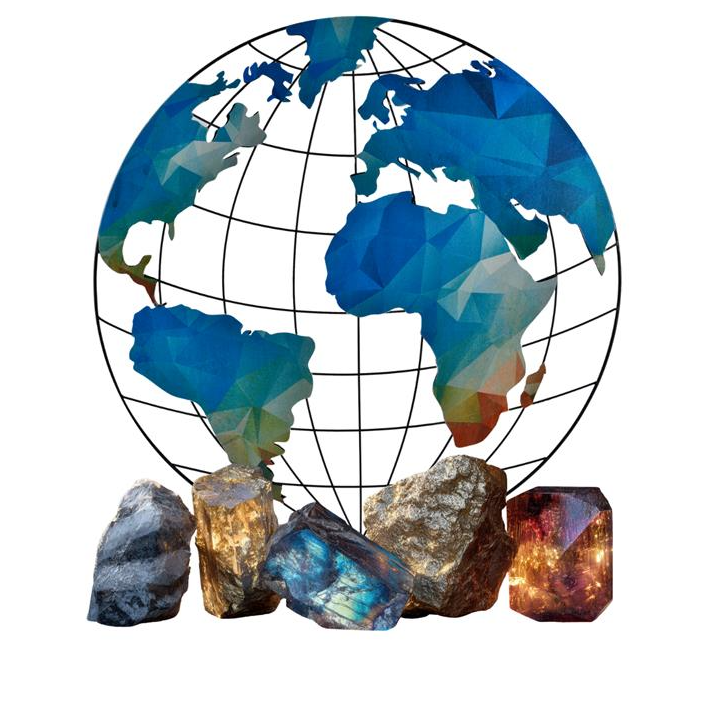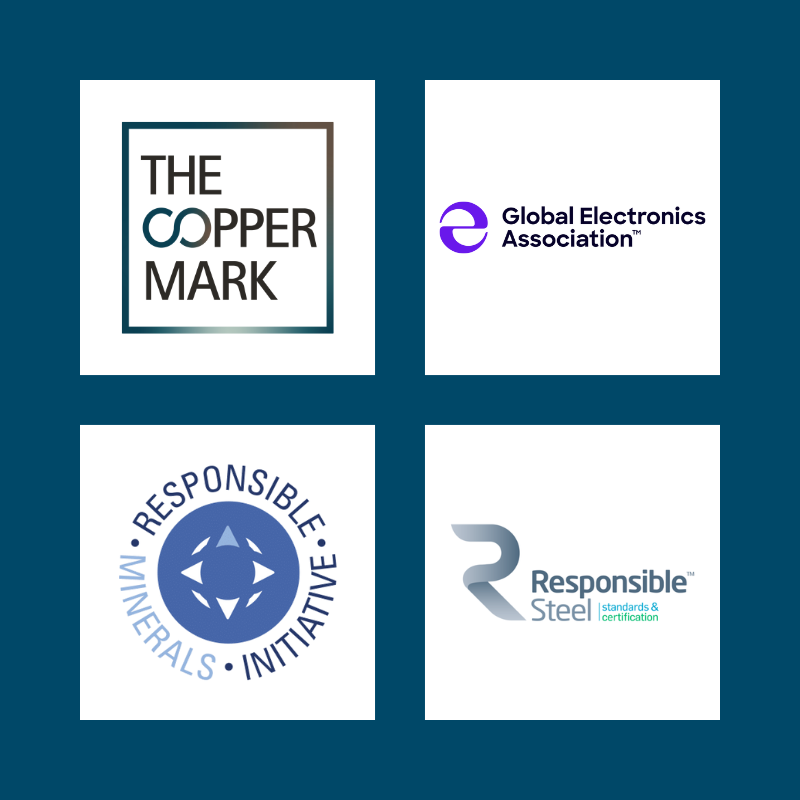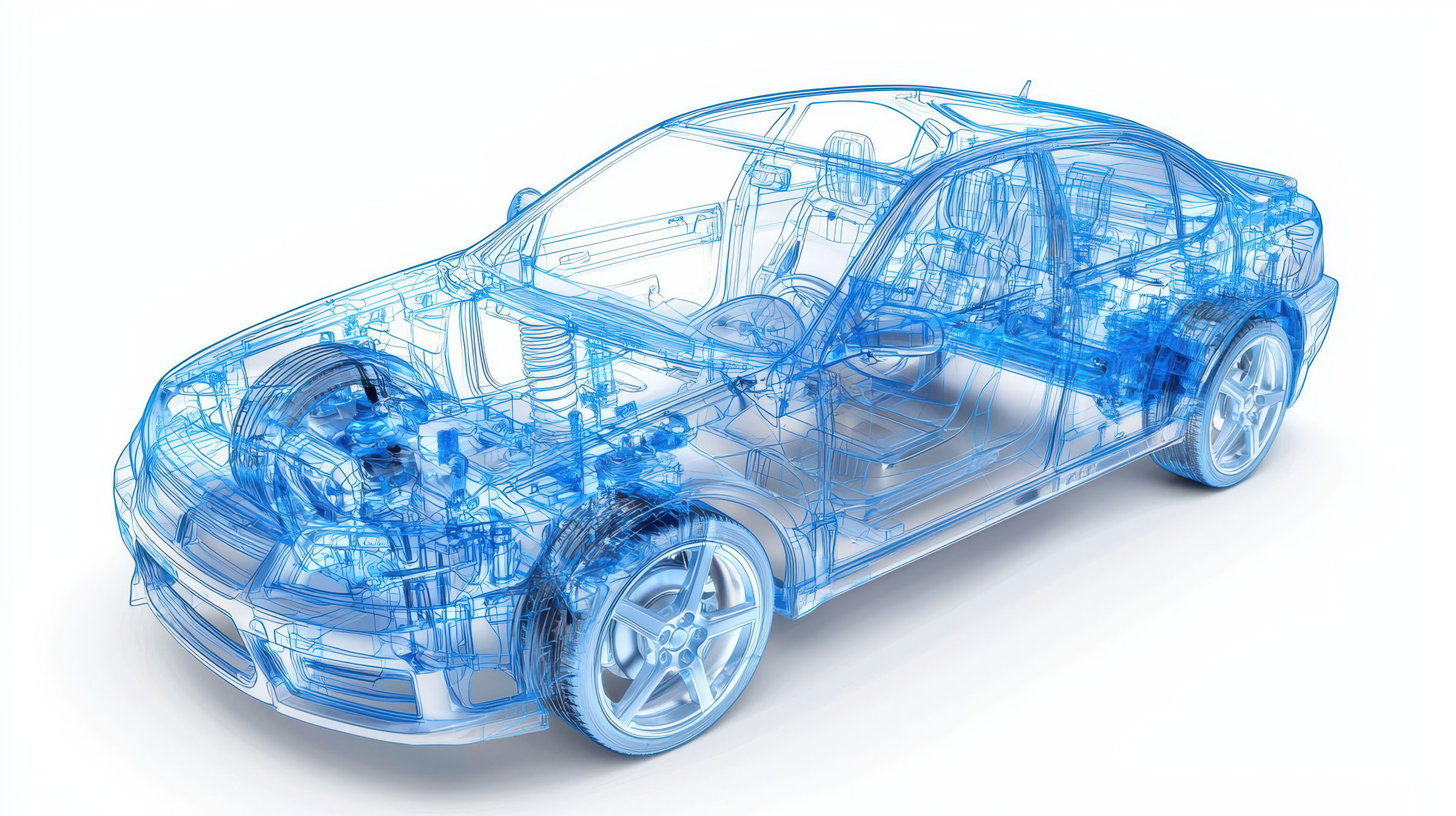Global Minerals Overview
Driving Supply Chain Reporting
What are "Conflict Minerals"
Definition
The minerals TIN, TANTALUM, TUNGSTEN and GOLD (also referred to as “3TG”) are considered “conflict minerals” because they are often mined in conditions of armed conflict in the Democratic Republic of Congo (DRC) and surrounding countries.
The scope of conflict minerals has expanded to include non-legislated materials (e.g., cobalt) and are now known as responsible materials.

Warlords Benefit
Responsible materials provide a major source of funding for warlords in the DRC region, fueling the violence that has plagued the region for decades.
People Suffer
These armed groups use violence to intimidate local populations and maintain control of mines, where workers endure extreme conditions with little or no pay. The atrocities in the region have created a massive humanitarian crisis and a death toll of 5.5 million that grows by the day.
Issues Impacting the Supply Chain
Auto Industry Forms AIAG
AIAG Starts Collaborating on Industry Solutions
SEC Issues Final 3TG Reporting Requirements
Conflict Minerals Reporting to SEC Began
Conflict Minerals Reporting to SEC Began
EU Battery Regulation
ESPR Launch
Congress Passes Law on 3TG
AIAG and OEMs Issue Call to Action
AIAG Endorses Reporting Tools
US Court of Appeals
EU Conflict Minerals Legislation
EU Critical Materials
Drivers for Expansion
Industry Collaboration
Shared Responsibility
Innovation with electrified, connected, and autonomous vehicles has led to a shift and expansion from automotive to mobility more broadly. These and future advancements require supply chain partners to share best practices and business process knowledge across non-traditional automotive sectors. In recognition of this need, AIAG has established cross-sector collaborations with electronics, software, heavy equipment and aerospace industry associations and business consortia.

Together We Can
Educate and engage our industry peers and stakeholders
Create common tools and solutions
Reduce the cost and complexity of reporting



